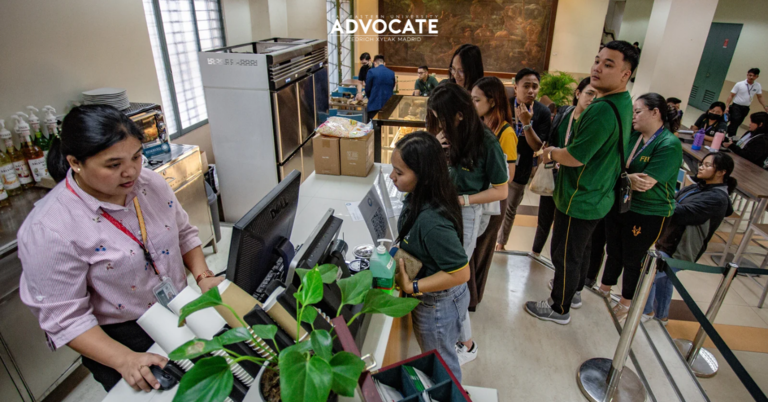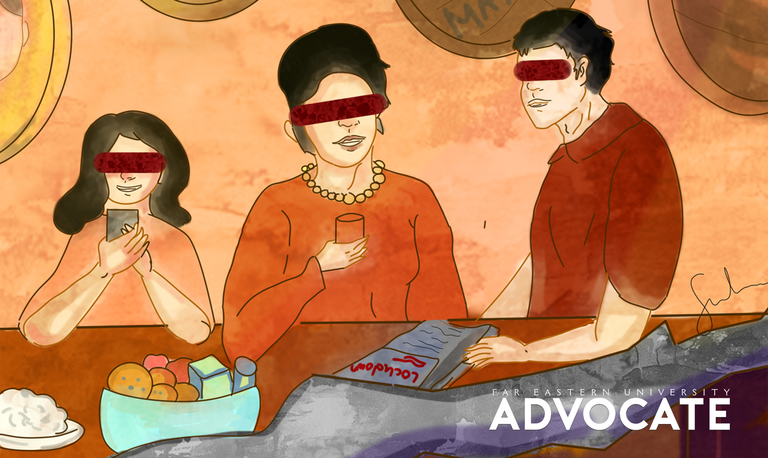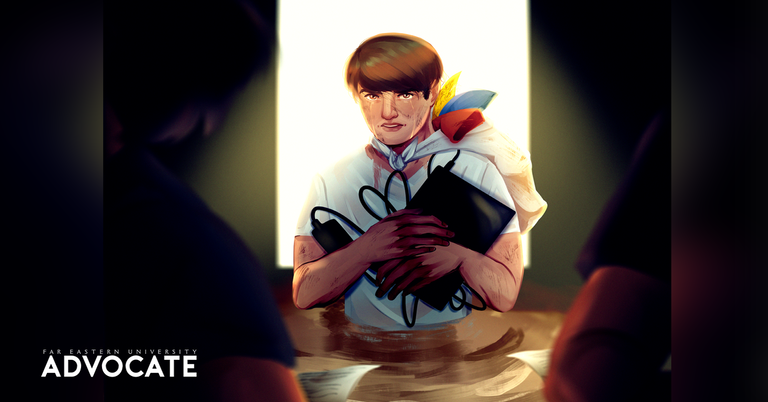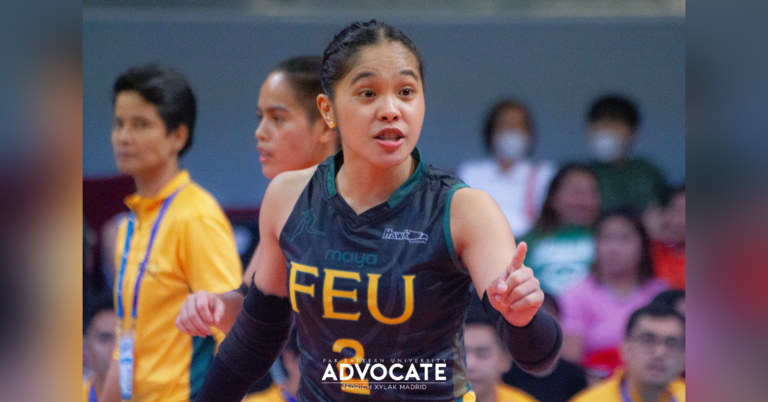
Lone captive-bred tamaraw bids farewell at 21
- October 12, 2020 13:19
FEU Advocate
March 10, 2022 02:27

By Lance Christopher A. Bisda
Academic calendars are established to cover the necessary learning objectives for every course, but when professors are no avail, cramming backlogs for lessons impedes quality education.
One FEU Community is known to be the catch basin of concerns regarding the Tamaraws complaints and recurrently, themes regarding the unavailability of assigned professors and substitute personnel seem to be the major problem.
This vicious cycle of delayed professor tagging is prevalent even before the pandemic wherein some professors show up after the two-week adjustment period and worst, before the start of midterms week. However, stopping this normalized situation is needed to delineate successful learning.
Primarily, present concerns regarding the increasing number of resignations within the faculty are heard by the students; however, this should not be an excuse for the delays. Proper contingency management for low employees assigned to different courses is vital.
The pre-enrolment period serves as a leeway for the administration to properly observe, pinpoint, and analyze the existing problem. Utilizing this duration to have proper management and critical designation of tasks will be a solid ground to assess the capacity of each department.
Moreover, the creation of the Course Information Booklet (CIB) consisting of target lessons and activities are synced to the semestral academic calendar of the university but with the absence of professors, this makes it difficult to achieve such stated goals.
Emphasizing the value of urgency in this situation must be rallied. Each department is expected to strictly follow the stated timeline by making sure that professors are already available at the start of the semester, utilizing the two-week adjustment period to backtrack the lapses on their part.
Further, strengthening the upward communication of the student body on the campus with the department can bridge the gap in response efficiency. The majority of concerns of the Tamaraws are often directed towards calling out the neglect of the select student bodies and the department.
Two-way process dialogue is necessary for effective problem-solving. The department’s obligation is to be wary of the collated concerns forwarded by the student councils and that slow feedback often equates to the neglect of duty.
The department is also expected to be vigilant in managing the grievances and informing the public that the concerns are recognized. Otherwise, silence from the department is tantamount to exacerbation of uncertainty and frustration of the students.
The demand for better education is a necessary step in producing graduates geared with tools in facing future endeavors, be it in taking the board examination or applying for a job. Existing decays in the systems must be rendered polished for the smooth path of students.
Call-to-action serves as an impetus towards change and should not be tainted as a remark for empty rants. Having an open discourse can help enlighten the situations for both sides, furthering the solidarity within the campus pillars. Students are suffering and turning a blind eye in these crucial times is not the hallmark feature of a Tamaraw.
(Illustration by Mary Vel Custodio/FEU Advocate)









